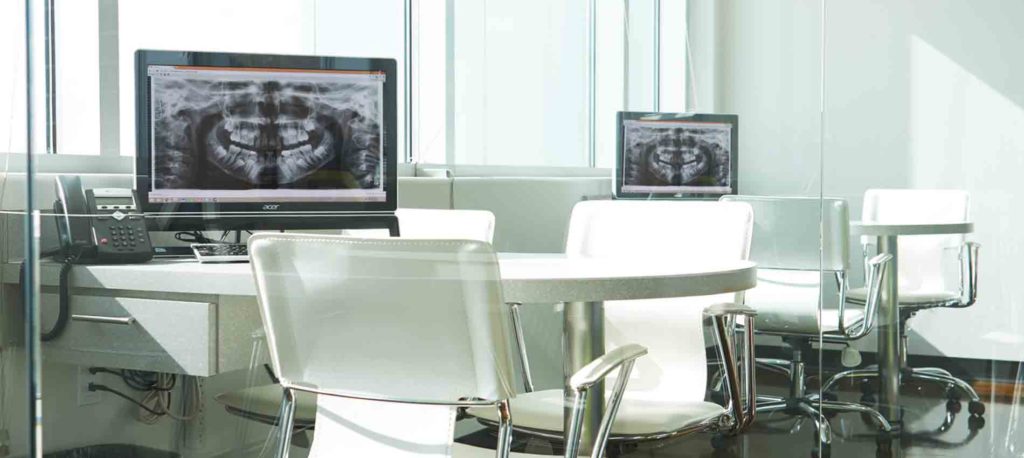While not often discussed explicitly when searching for a location, the real estate you choose for your practice can have a significant impact on the value of your practice in a sale.
Real Estate is One of Your Largest Fixed Costs
Real Estate is Typically the second or third largest cost for a practice behind payroll and supplies. Because it is a significant fixed expense, it is one of the primary building blocks of your practice’s financial engine. You want to be sure you are not paying above market rates. This is where having a broker who knows the market and is an effective negotiator is a huge help.
The lower you can get your yearly cost for rent and expenses, the more profitable your practice can be. Every dollar extra you make, especially due to lower fixed costs like rent, gets multiplied 4 to 6 times or more in a sale.
In practice, it can be difficult to get lower than market rates in rent because the commercial real estate market is generally fairly efficient. Your goal should be to get the best deal the market will allow. We are biased, but we strongly believe having an informed negotiator in your corner will lead to you getting a fair deal at prevailing market prices.
Owning Your Own Real Estate
Related to the point above: if you own your building you can (within reason) set your rent as low as financially feasible. As long as the rent charged covers the operating expenses of the building you have the freedom to pass the profits on to your business.
However, it is important to consider the effect a sale will have on the rent a buyer will have to pay. If a buyer buys both your practice and your building, their financing terms may not be as profitable as yours. They will thus not value your expense savings as highly.
If you sell your building to a separate buyer than your practice, expect that they will either expect a price in line with the value of the rent you are currently charging OR they will pay a market rate but expect to raise the rent on the future owner of your practice.
If you keep the building you have the option of keeping rent stable and negotiating for an increase when the practice lease is up for renewal. In this case the length of lease remaining is a primary driving factor.
The Value of a Real Estate Exclusive
Many times, especially in retail properties, you may be able to obtain the exclusive right to provide your services in the property or project you are leasing in. Securing an exclusive with your landlord takes care of a huge point of risk for a buyer. Exclusives are easiest to negotiate when you are first moving in, but can be introduced as part of a lease extension or renewal process.
The Value of Highly Visible Practice Real Estate
Choosing a location that puts tens of thousands of eyeballs on your signage and location every day is a tremendous asset that both you and future owners can exploit. Unlike many of the assets transferred in a sale, good visibility is what it is. There is little risk to the value of the visibility due to a transition (unlike, say, replacing a primary provider in a practice).
If the visibility is a large driver of patient volume it is likely you have to pay very little for advertising. That reduction in expenses results in higher profits and a higher sales price.
The Big Real Estate Hurdle: Assignment of Your Lease and Renewal Options
This can be a big one, and you usually have to have it in place when you sign your lease. An assignment clause in your lease gives you the opportunity to request that your landlord assign your lease to another party, usually specifically in the case of a sale of the business. Related to being able to request an assignment of the entire lease is the assignment of any renewal options in your lease.
These clauses typically do not require the landlord to assign the lease or options to anyone you choose. However, they do force the landlord to in good faith consider any request that you make.
Even stronger risk mitigation can be achieved by adding in factors that can not be cited as reasons to deny an assignment. A common example would be a clause stating that if the assignee has a net worth greater than or equal to that of the seller’s, the landlord can not refuse the assignment on credit-related grounds.
The inability to assign your lease is one of the largest risk factors any seller with a third party landlord will face. It can absolutely tank the value of your practice in a sale.
Increased Profits and Reduced Risk Drive Value
All of the examples above fall into one or both categories of increasing profits or reducing risk. The decisions you make on the real estate for your practice can have huge effects on both, and huge effects on the value you can capture in a future sale.



